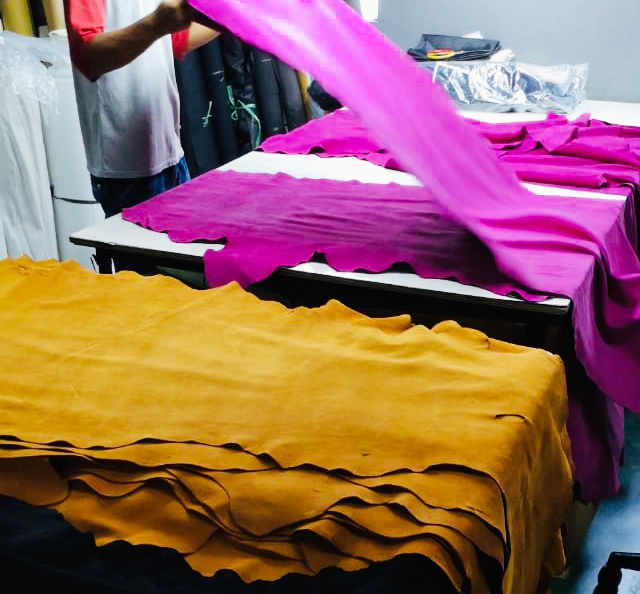
Sustainability – Vegan Leather Vs. Animal Leather
Share
Sustainability is a key concern for us here at Lisbeth Joe. We believe it’s important to be conscious and careful about the way that we are using our planets resources, and that we have a responsibility to make the most sustainable decisions possible. One controversial topic that we wrestle with is the matter of sustainability in leather – which is better, vegan leather or animal leather?
The answer isn’t straight forward for us. For those already dedicated to a vegan lifestyle, you may already feel comfortable with vegan leather, and we totally respect that position. For us however, we struggle with the sustainability of all options.
The Fast Fashion Industry
Before we go into talking about vegan leather vs. animal leather, we should touch upon the topic of “fast fashion.” It’s an industry that makes runway-esque clothing accessible by using cheaper materials and mass produces them to be sold in stores like Forever 21 and H&M. The fast fashion industry got its name from how quickly the clothing is produced, used, and thrown away.
Because fast fashion materials are cheap, they don’t last very long. After a few months of wear and tear, the clothes inevitably end up in the trash and contribute to the billions of pounds of post-consumer textile waste in the United States alone!
Impact of Animal Leather
There is no denying factory farming in the meat industry has a massive impact on the environment. Somewhere between 14% and 18% of all greenhouse gasses emitted each year are a direct result of the meat industry. An alarming statistic suggesting we should not consider animal leather. There are, however, smaller ranchers who to practice sustainable and ethical farming and we can attempt to purchase leather from them.
The animal leather-making process itself adds extra environment concern. In order to preserve the material, it has to be tanned in a toxic chromium salt bath. And when the bath is disposed of, it can severely damage aquatic ecosystems as well as human health if not done carefully and responsibly.
Animal Leather is Slow Fashion
From a fashion industry perspective, we can consider Animal leather to be Slow Fashion. Although leather production causes us deep environmental and human health concerns, the one fact we cannot overlook is that animal leather is very durable and biodegradable.
High-quality leather items don’t wear out after only a few uses, like cheaper “faux” items do. It’s considered to be a “slow fashion” item because genuine leather items typically hang out in a closet for much longer than the average alternative material. And once a genuine leather item is thrown out, the ecosystem benefits from the fact that it is biodegradable.
Impact of Vegan Leather
Vegan leather has a definite advantage over animal leather when we consider the factory farming. But vegan leather is a petroleum-based plastic product, and for a fair comparison we must consider environmental impact of end-to-end petroleum production including extraction, transportation, refinement and so on.
Of additional concern to us, vegan leather is not biodegradable, and synthetic materials such as this are responsible for much of the microplastic that is found in the ocean.
The final challenge we have with vegan leather is it’s longevity. Shoes are some of the most hardwearing items we wear. And for a shoe to continue looking good after much wear, and be worth the money you pay for it, we need to consider the materials carefully.
Looking forward
There are non-plastic vegan leather products in the works that scientists are deriving from mushrooms, algae, kombucha cultures, and even pineapples. Here at Lisbeth Joe, we are always keeping our eyes on the materials industry and weighing the options to ensure that we’re implementing the best practices that we can.
We believe that practicing sustainability now, in all aspects of life, is the best way to promise a healthy future for ourselves, our bodies, the people we love, and our planet.
